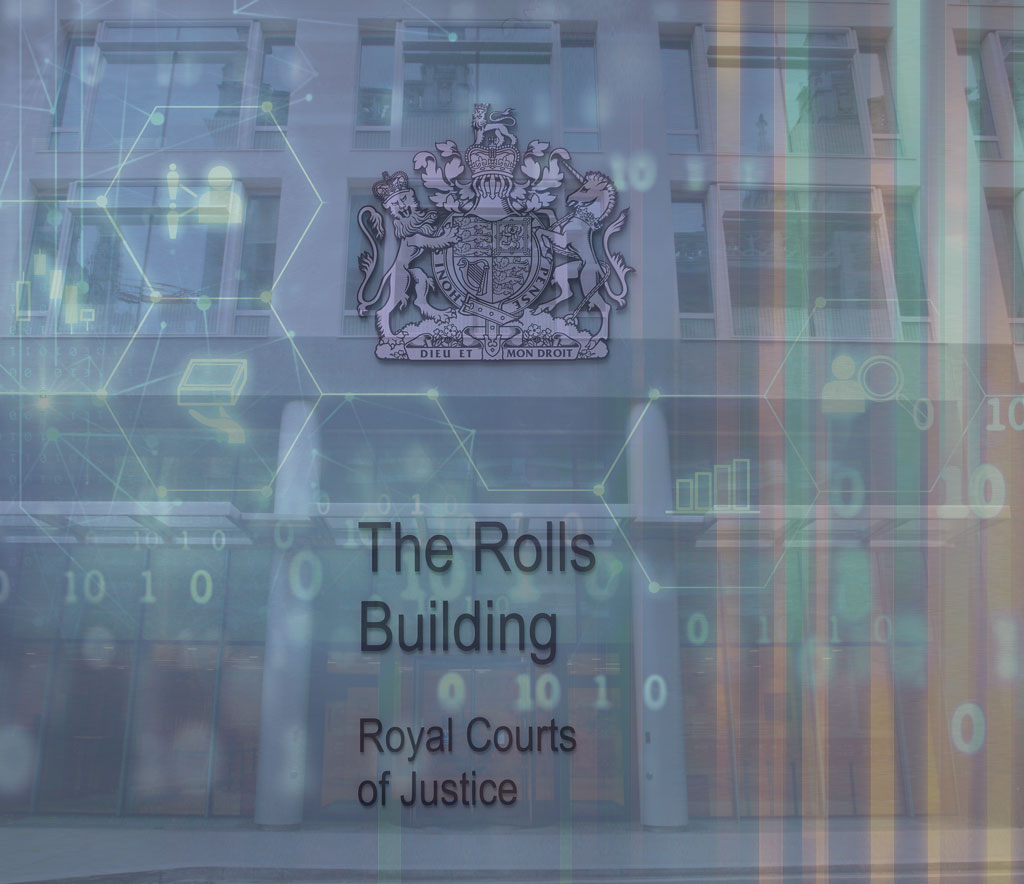
In the second article of a series on trial technology Michael Fletcher & Helen Pugh consider barriers to use
As we discussed last time, the technology is now available to permit a ‘paperless trial’ and yet, particularly given the prevalence of technology in our daily lives, relatively few trials are conducted this way (see ‘Trial technology’, NLJ, 30 March & 6 April 2018). In this article, we consider why this may be the case.
Stumbling blocks
There are many reasons why lawyers may not always use e-bundles, or the full range of trial technology. First, a significant factor is cost. E-bundles and electronic presentation of evidence (EPE) can be costly to prepare and to use, and some cases may simply not merit their use. For example, the cost of an e-bundle may not be substantially different to, and could even be more than, the cost of a hard copy bundle:
- The cost of photocopying is replaced with the cost of the bundle provider and the cost of the solicitors liaising with









